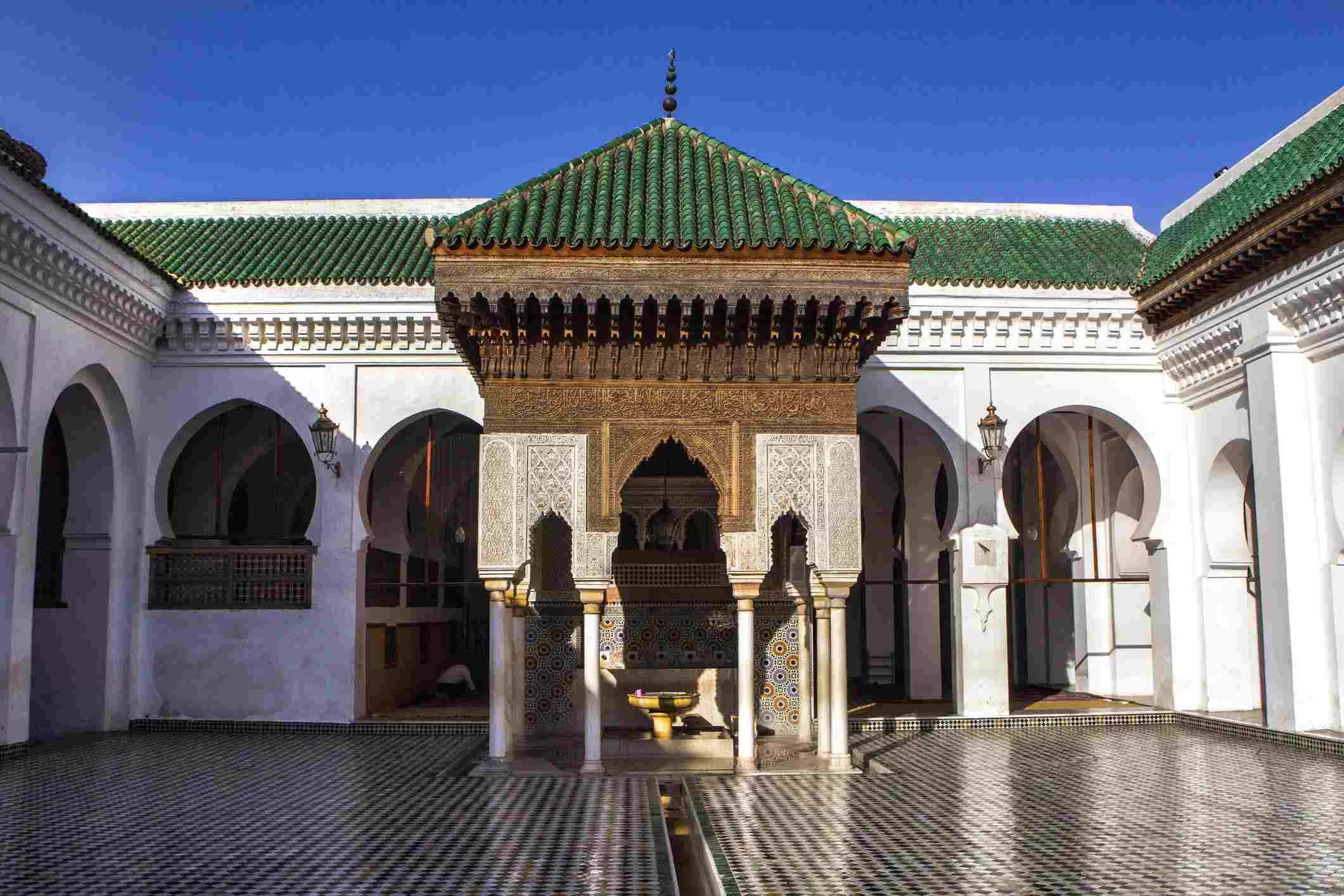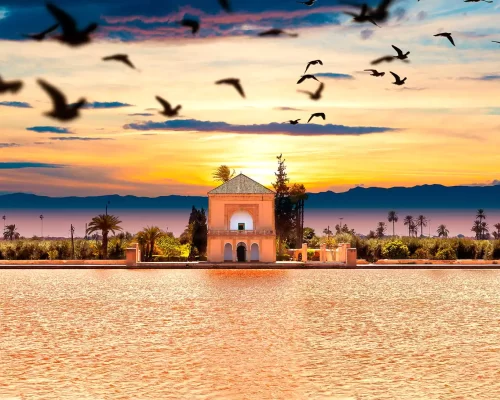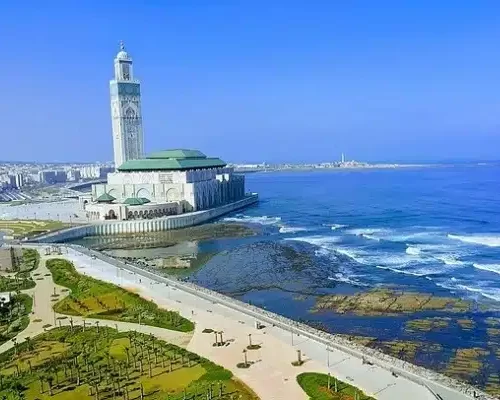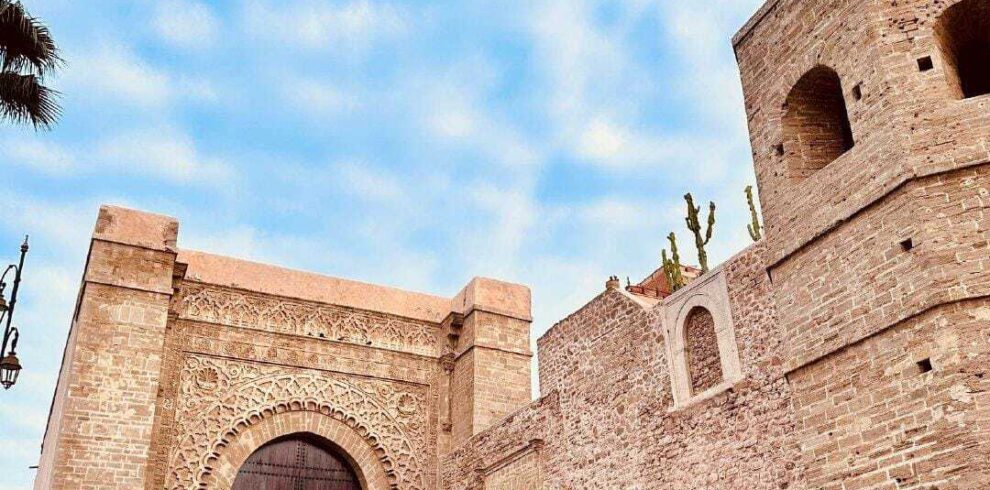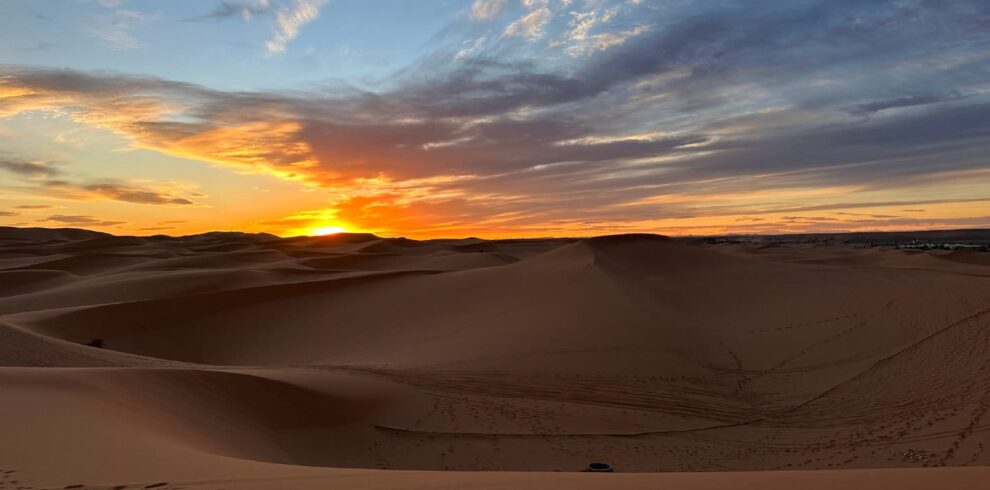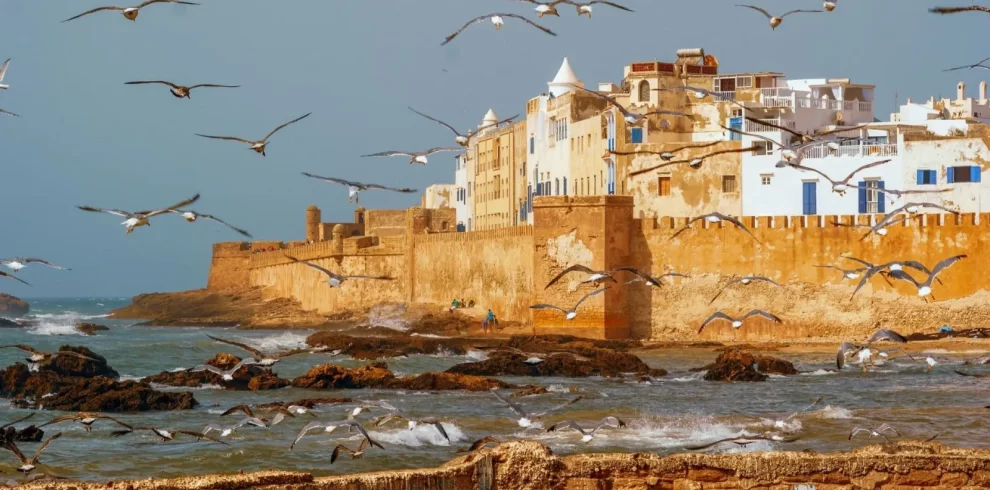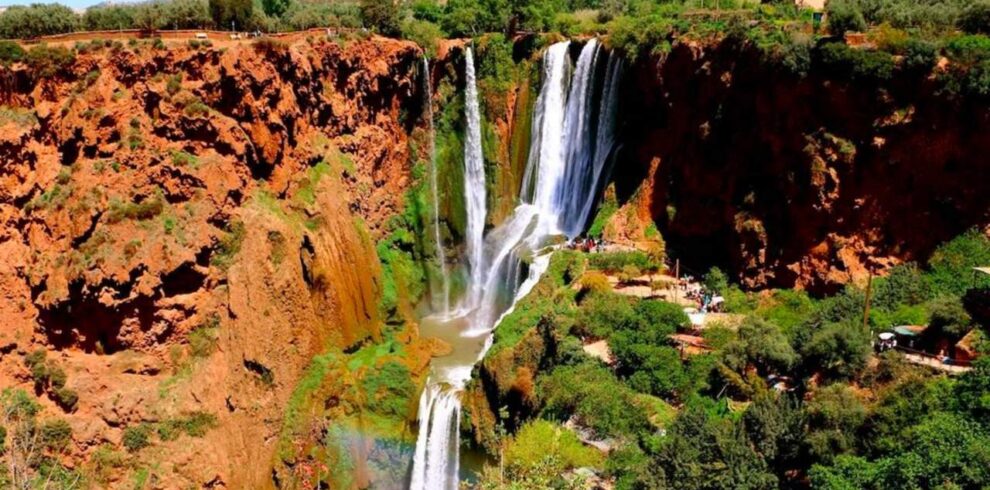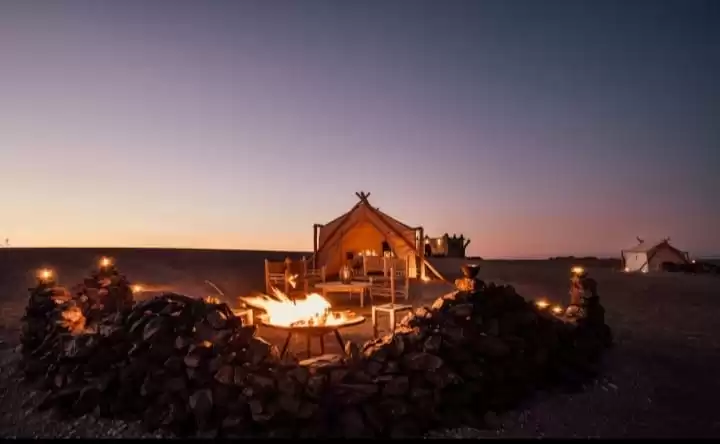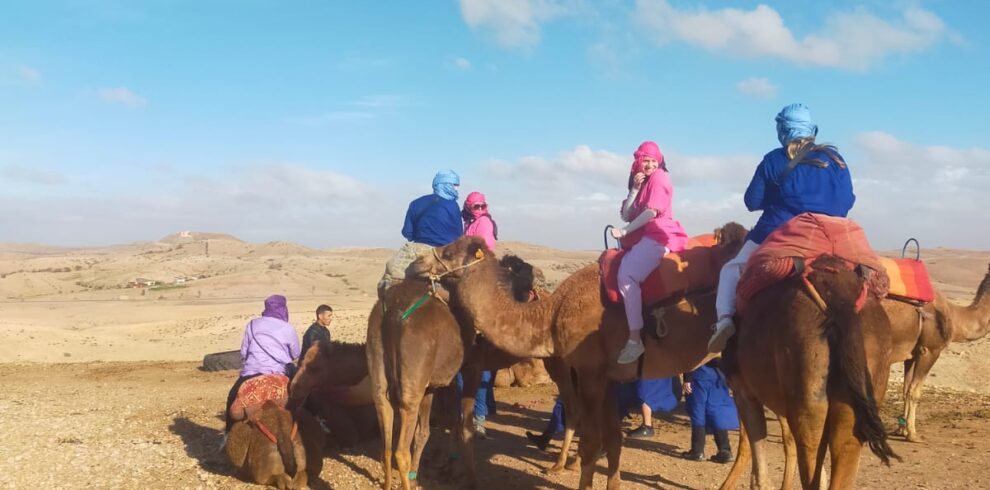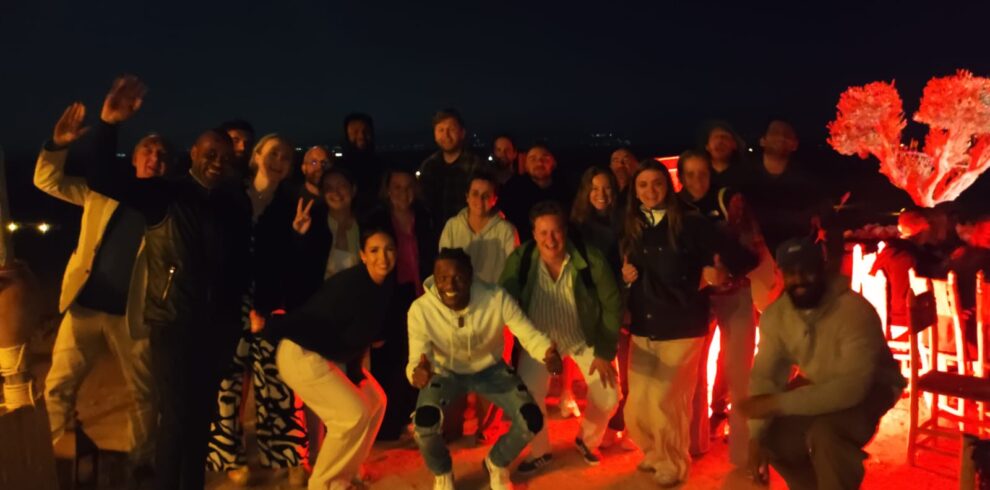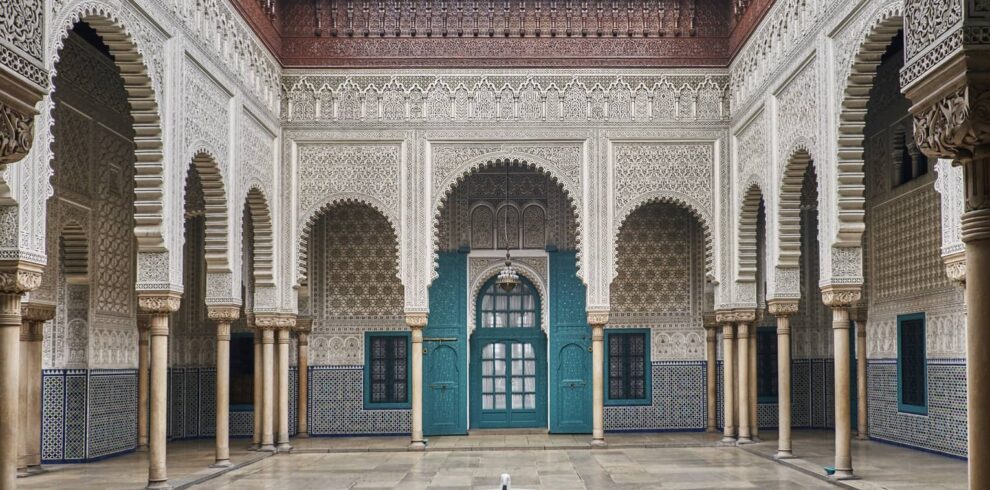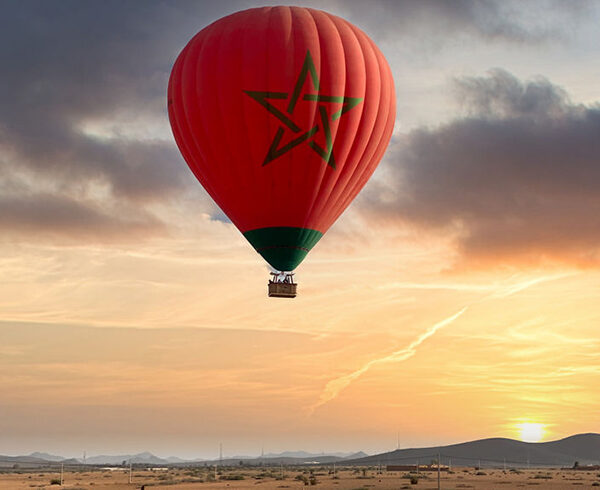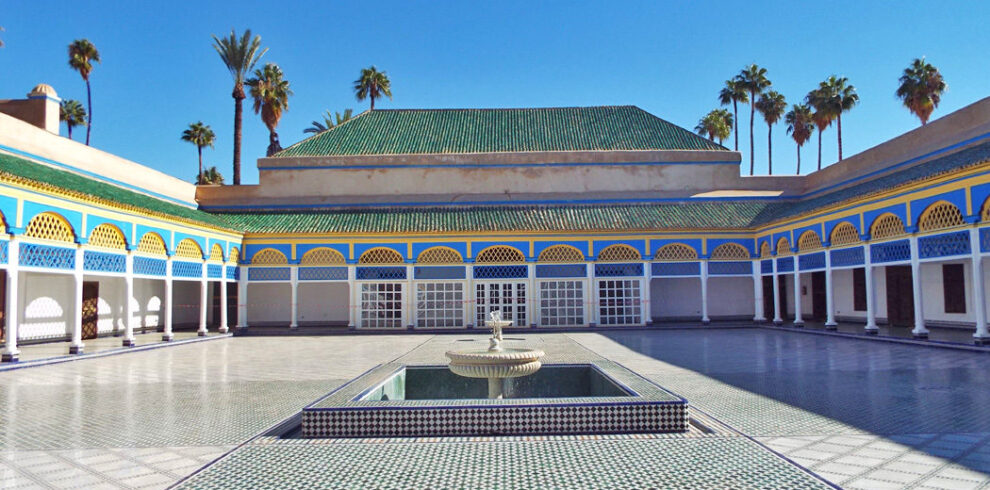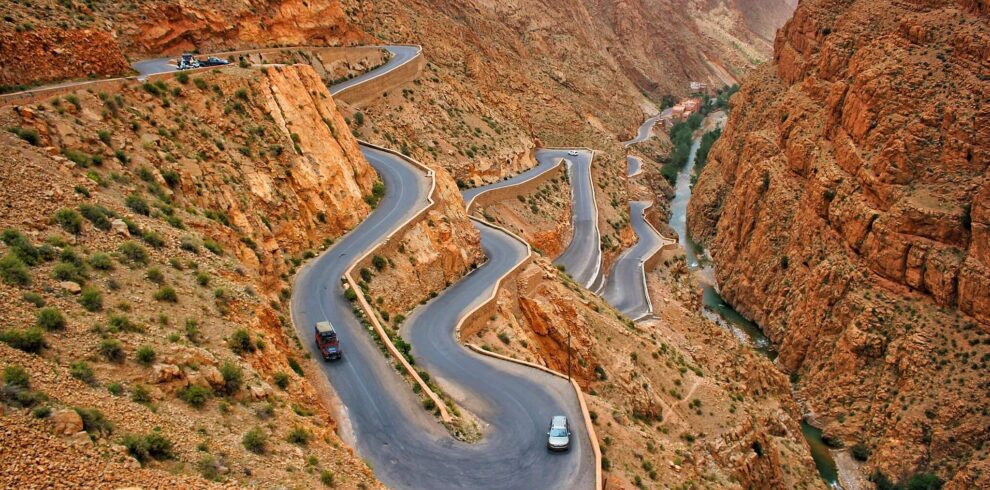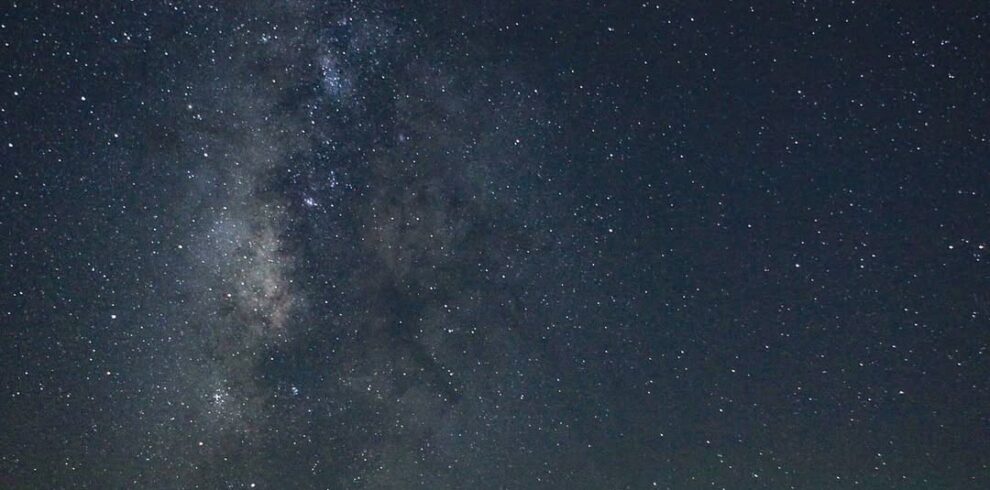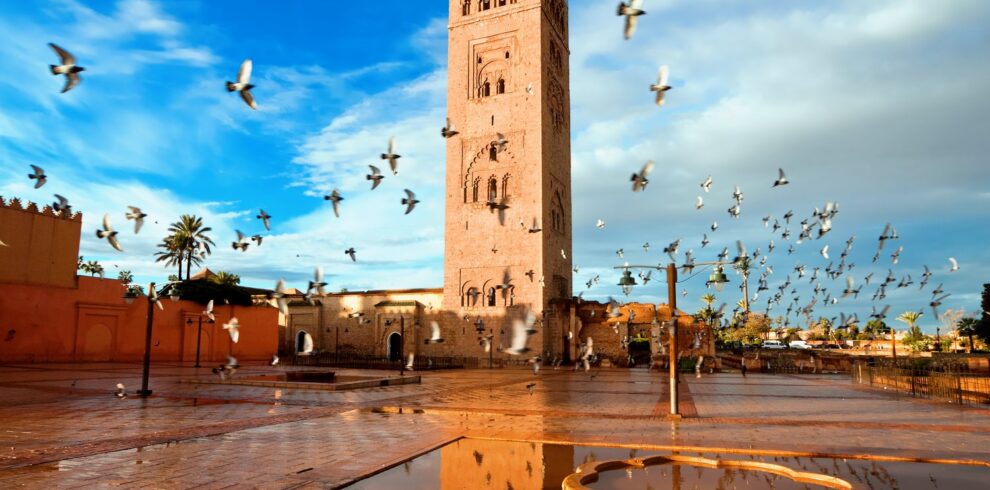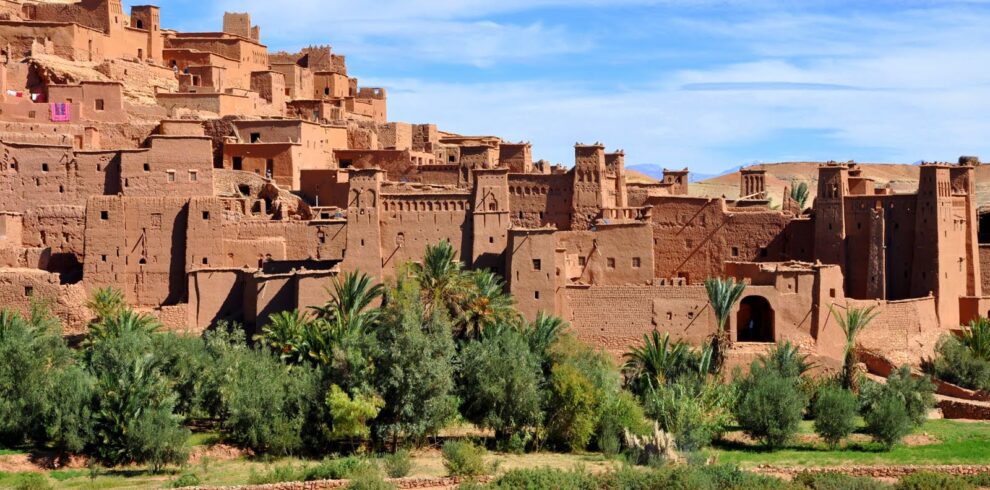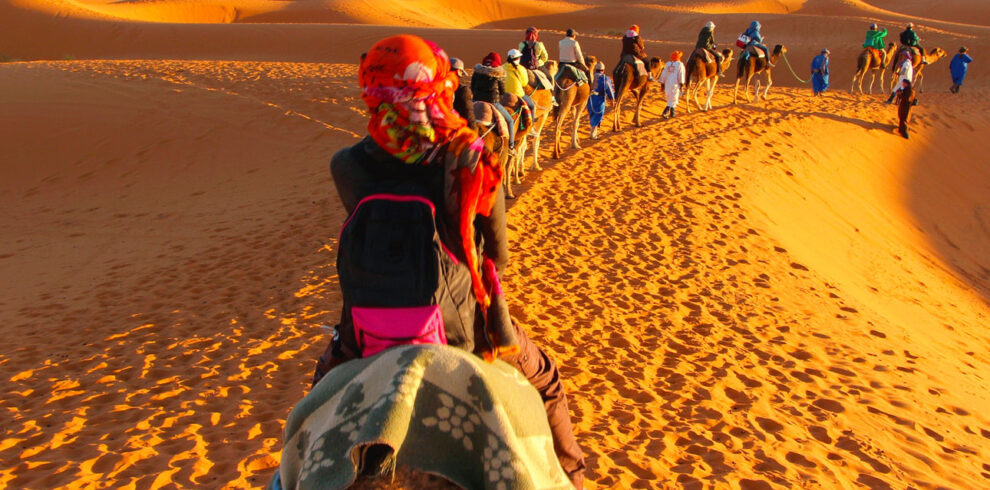What To Know About El Jadida Morocco
Ultimate Guide to El Jadida, Morocco: History, Attractions & Travel Tips
El Jadida Morocco
What To Know About El Jadida Morocco
El Jadida, a stylish and beautiful coastal town in Morocco, is renowned for its well-preserved Portuguese heritage, including the labyrinthine lanes and imposing ramparts of its old medina—a UNESCO World Heritage Site since 2004. Originally established asMazaganby the Portuguese in 1506, the city served as a strategic fortified trading post for over 250 years before being seized in 1769 by Sultan Sidi Mohammed Ben Abdallah. Abandoned briefly, it was later revitalized under Sultan Abd er Rahman in the 19th century and renamedEl Jadida(‘The New’), attracting Jewish settlers from nearby Azemmour and European traders. Under French rule, it evolved into an administrative center and popular beach resort. Today, the city’s crowning jewel, theCité Portugaise, showcases stunning Manueline architecture, including the famed subterranean Cistern, while its blend of Moroccan charm and colonial history draws visitors to its sunlit beaches, cultural landmarks, and vibrant atmosphere.

Discover El Jadida, Morocco – A Coastal Gem with Portuguese Heritage
El Jadida, a charming coastal city in Morocco, blends Moroccan and Portuguese influences, offering visitors a unique mix of history, culture, and seaside relaxation. Once known asMazaganunder Portuguese rule (1506–1769), this UNESCO-listed city is famous for itswell-preserved medina, stunning beaches, and fascinating landmarks.
Travel tips for El Jadida, Morocco:
The best time to visit El Jadida is spring (March–May) or fall (September–November) for pleasant weather and fewer crowds, though summer (June–August) attracts beachgoers and winter (December–February) remains mild but quieter. The city is easily accessible by car (1.5–2 hours from Casablanca) or train, with walking and petits taxis being the best ways to explore locally. While generally safe, be mindful of petty scams, dress modestly outside beach areas, and politely bargain in souks. Cash (Moroccan dirhams) is preferred, though ATMs are available, and while Arabic and French dominate, English is understood in tourist areas. Don’t miss day trips to Oualidia’s lagoon
- Why Visit El Jadida?
- UNESCO World Heritage Site – The Portuguese medina is a must-see.
- Stunning Beaches – Perfect for sunbathing and water sports.
- Rich History – Explore Portuguese cisterns, forts, and colonial architecture.
Enjoy The Cité Portugaise
El Jadida’s Medina is the most European-looking in Morocco: a quiet, walled and bastioned seaside village, with a handful of churches. It was founded by the Portuguese in 1513, and retained by them until 1769, and it is still popularly known as the Cité Portugaise. As they withdrew, the Portuguese blew up several of the churches and other important buildings.
The Moors who settled here after the Portuguese withdrawal tended to live outside the walls. Budgett Meakin, writing in the 1890s (see General and travel), found an “extensive native settlement” spreading back from the harbour, while European merchants had re-established themselves in the “clean, prosperous and well-lighted streets” of the Medina. As in all the open ports on this coast, there was also an important Jewish community handling the trade with Marrakesh; uniquely, old Mazagan had no separate Jewish Mellah.
Best Morocco Tours Including El Jadida
Morocco Itinerary From: Casablanca , Marrakech ,FES
Popular Tour Options:

24 Days - 23 Nights
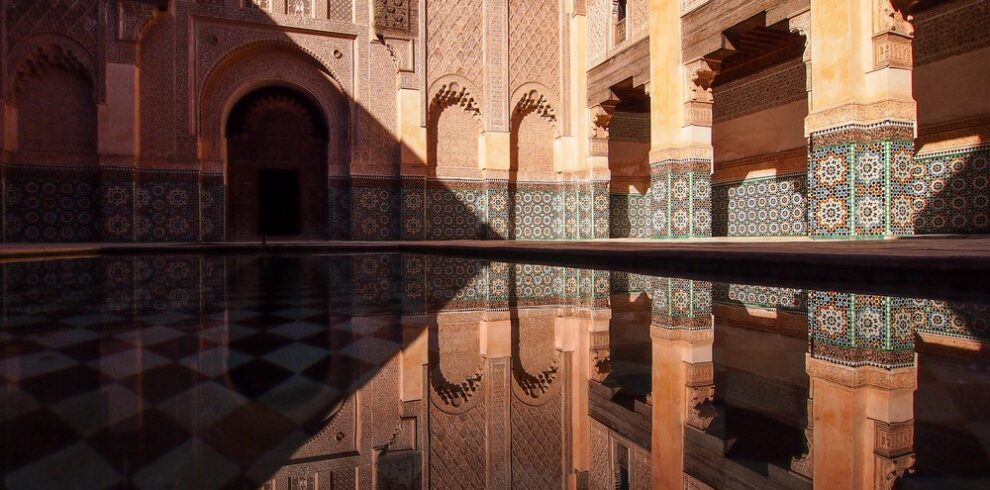
7 Days - 6 Nights
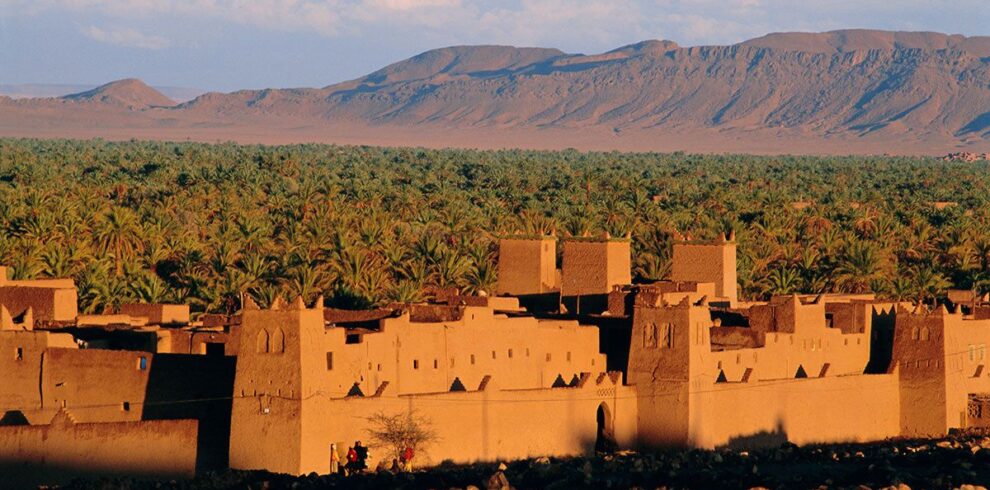
4 Days - 3 Nights
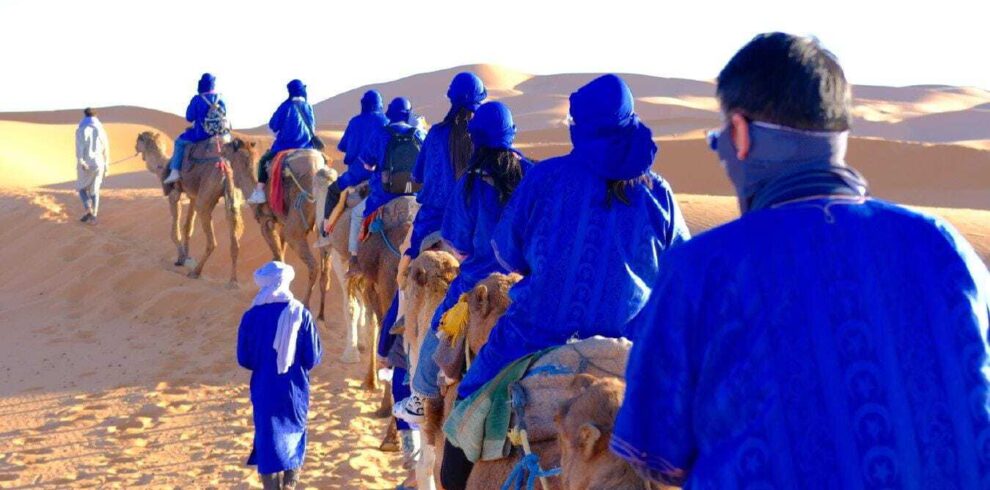
7 Days - 6 Nights
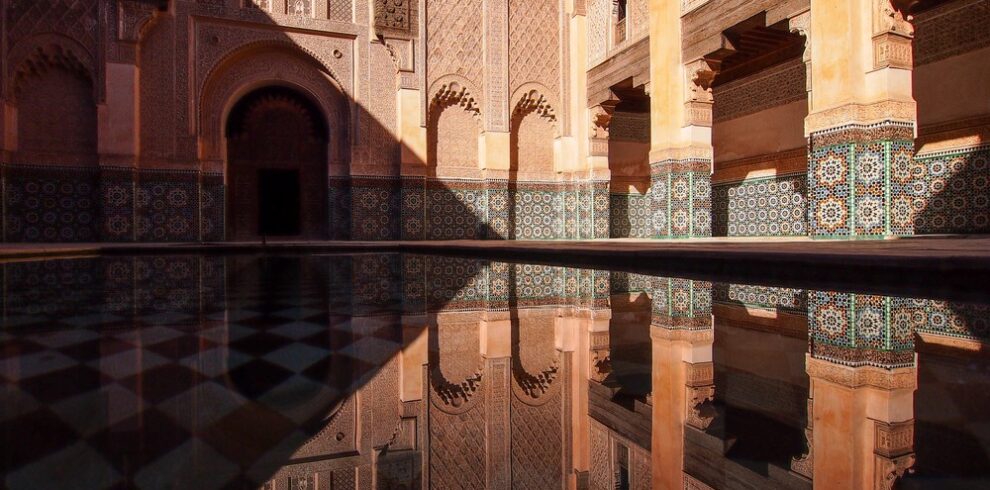
10 Days - 9 Nights
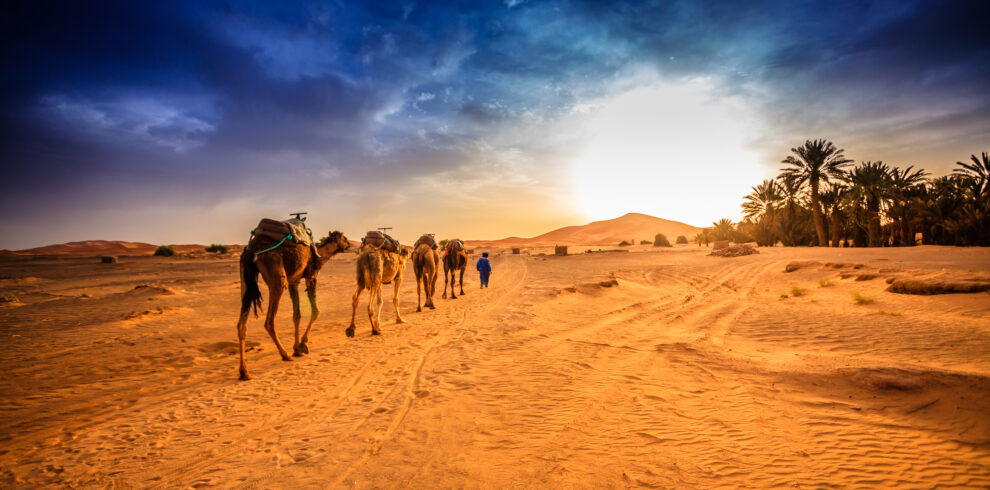
3 Days - 2 Nights
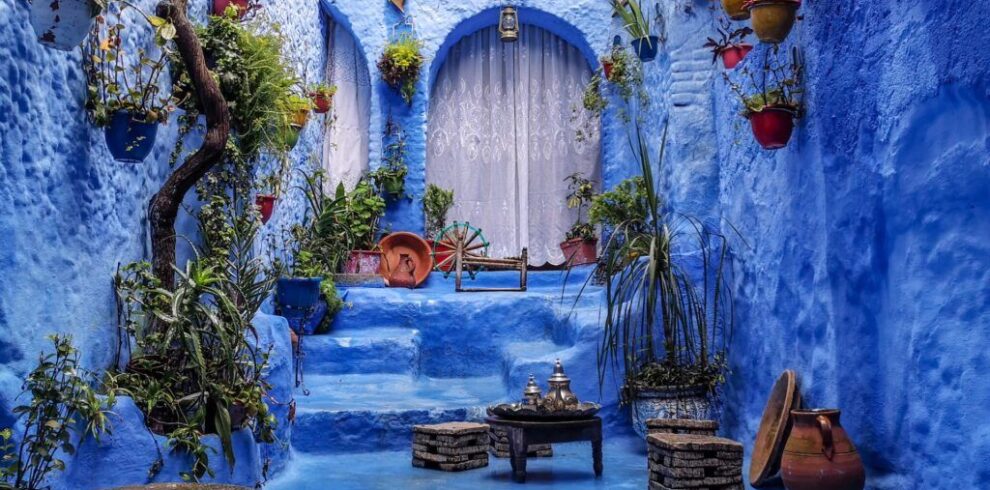
10 Days - 9 Nights
Best Things to Do in Casablanca, Morocco
The contrast of magnificent architecture and unforgettable history makes Casablanca a fascinating place to visit. It is the amazing city that is gaining in popularity every year as it becomes cheaper to fly to Morocco.
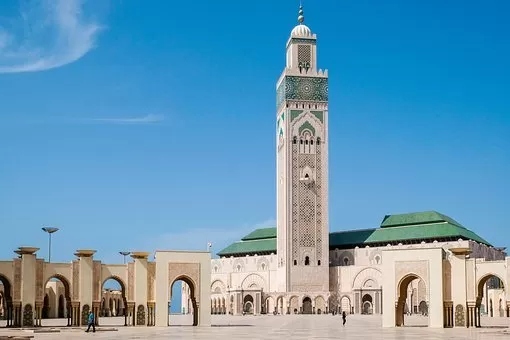
5 Stunning Places to Visit in Morocco
Moroccohad always been a country I was curious about. It’s blend of North African and Arabic influences gave it this air of mystique that drew me in. Plus, you know, I like couscous. So I had high expectations when I decided to pop over from Spain and explore the country for three weeks.
